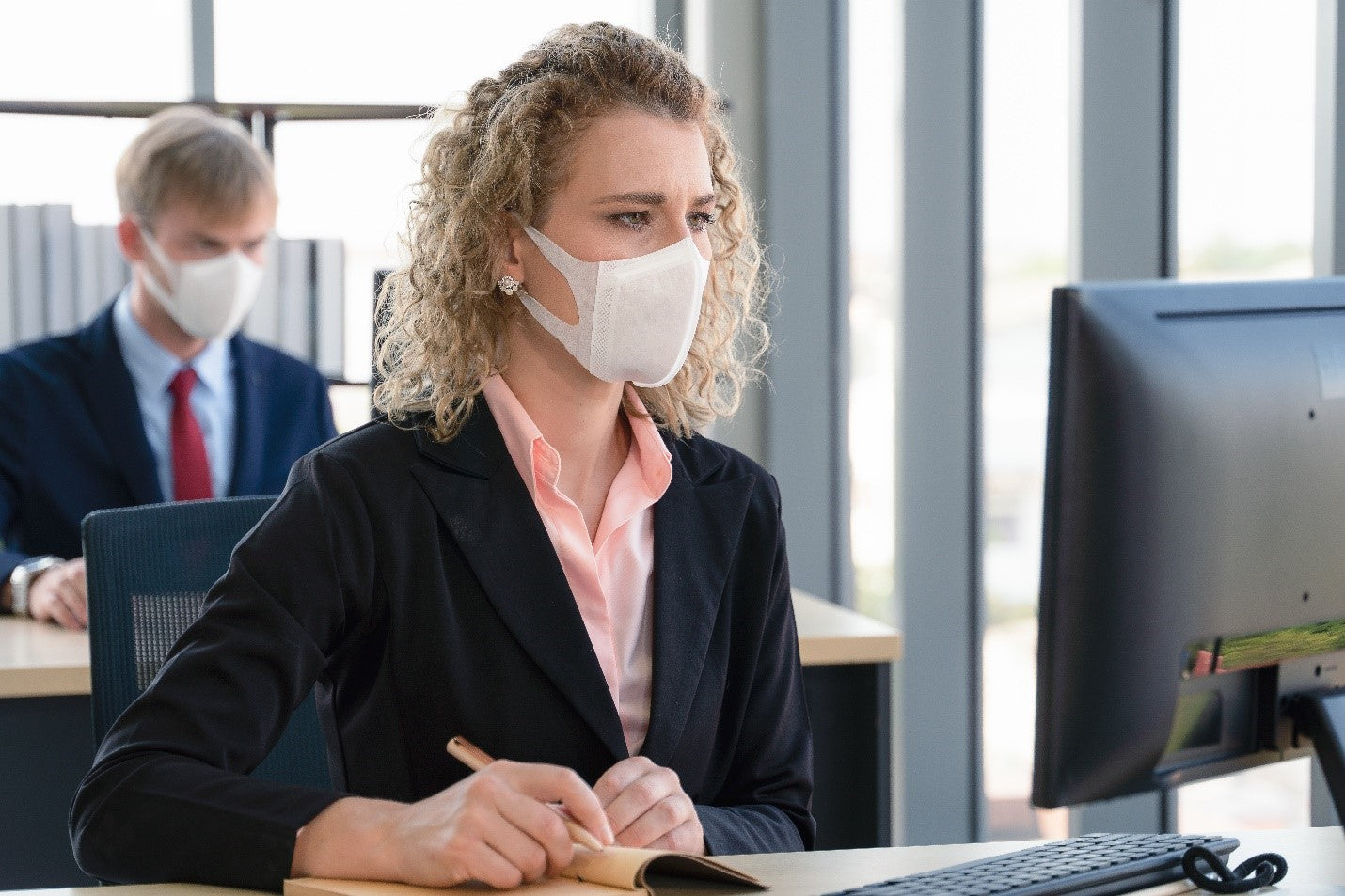
Stress and the Coronavirus: How to lighten your load.
It seems like the whole world is panicking about Corona Virus. And why not? It’s deadlier and more easily transmitted than other, more familiar strains of flu, which kill tens of thousands of people across the US and around the world, every year. No one seems quite sure how much worse it will get, as the statistics around Covid19 keep changing all the time.
As I said in my first installment on this subject last week, uncertainty is a major source of stress. We want our lives to be predictable and this unpredictability is causing people to feel anxious and even panic. Panic and anxiety are common symptoms of stress. But I think we need to look at the stress associated with coronavirus as an overlay to the already stressful lives we are currently leading. Since we can’t change what’s happening with the virus, perhaps we need to look at how to lower stress in every other possible way.
People seldom realize that stress is cumulative. Every time you experience stress, cortisol is dumped into your bloodstream and these elevated levels last for about an hour or longer before they go back to baseline. When one stressful event follows another, our cortisol levels increase incrementally. While you may be feeling your current levels of stress have been brought on entirely by the coronavirus it may actually be a combination of underlying stress plus this new overlay. Thus, at least some of your anxiety may be the result of ADDING even more stress to the load you are already carrying.
Dr. Hans Selye the scientist who popularized the term stress, originally (in the 1930’s) borrowed it from architects and engineers who used it exclusively to describe the physical properties of load bearing. But that principle of load bearing can actually be applied to both the physical and psychological stress we experience today. For example, an engineer might use the term to describe how much load (or stress) a bridge could take, before it would collapse under the strain of that load. Right now, we are all carrying a heavy load of stress and as a result feeling a lot of strain. To keep our personal bridges from collapsing, we need to lighten the load, build a stronger bridge and add more support.
How can I build a stronger bridge? Here we are talking about activities that will help you become more resilient in the face of stress. Exercise, yoga, meditation and relaxation techniques like visualization, deep breathing, body scan and progressive muscle relaxation can all help you build your coping skills, handle stress better, improve your immune system and build a stronger bridge.
How can I lighten the load? Look at all the tasks you do in a given week or month and think about the things that need to be done now vs. the things you can be put off until later. Eliminating those tasks, you don’t have to do now will lighten your load. Chores around the house, like laundry, dishes and cooking can be shared by the entire family. Putting off any unnecessary expenditures until later is another way to lighten your load. This is a time for families and tight social groups (already living under one roof) to consolidate, come together, pool their resources and take care of each other. All these things will lighten your load.
How can I add more support? “Social distancing” is certainly putting a damper on what I perceive as our number one weapon against stress: social support. It’s the help of friends, family, neighbors, counselors, clergy, doctors, medical personnel, and support groups that help us get through challenging situations and times like these. But the current crisis is limiting our ability to seek this kind of support. That being said, there’s a lot of connecting we can do online, over the phone, via text, face time, Facebook, etc. These social platforms and ways of communicating electronically may represent the hope in Pandora’s box that we can make it through this difficult time. So even if it’s electronically, or by SNAIL MAIL, or picking up the telephone, reach out to your friends and neighbors and stay in touch. This is vital to your mental well-being.
Since the weather is already getting warmer here in the Northeast, I find going outside for walks, being in nature, seeing people and chatting with neighbors on the street is a great way to relax and get the social contact I crave, without putting myself, my family or anyone else at risk. Think of all the things you CAN do to maintain your connections with other people and let go of the things you can longer do, for the time being.
So, lighten the load on your bridge, by delegating and sharing responsibility for chores around the house. Build a stronger bridge by getting some exercise, doing yoga, meditating and learning some relaxation techniques. Support your bridge by reaching out to others, online, over the phone, on Facebook and walking outside where you can greet others from a socially acceptable, but safe distance.
One very real way you can protect yourself from the Covid19 is to strengthen your immune system. Since stress can truly compromise your immune system, in my next installment I will talk about 5 specific ways you can increase your immunity by decreasing stress.





James Porter
Author